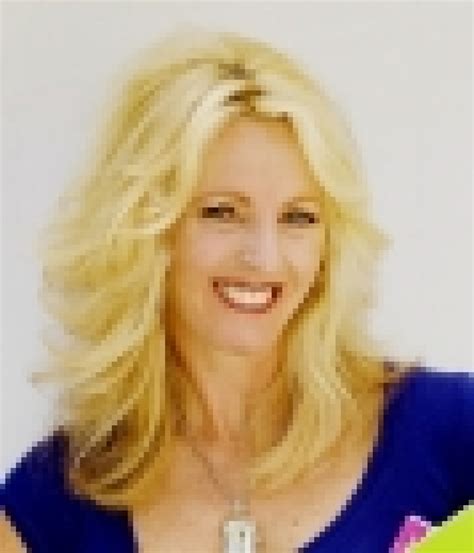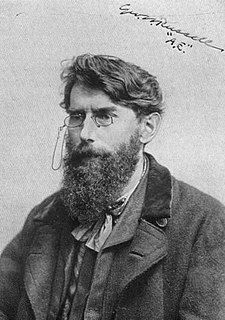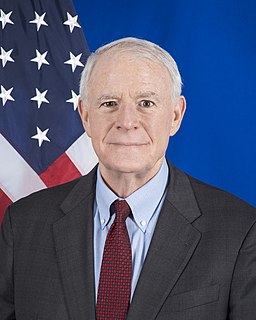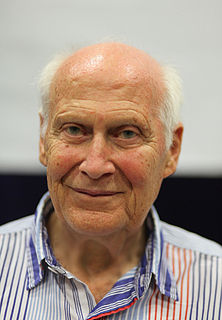A Quote by Rachael Bermingham
There's something about human nature which draws us to people who are authentic and makes us want to repel those that aren't.
Related Quotes
We tend to have mixed feelings about the holy. There is a sense in which we are at the same time attracted to it and repulsed by it. Something draws us toward it, while at the same time we want to run away from it. We can’t seem to decide which way we want it. Part of us yearns for the holy, while part of us despises it. We can’t live with it, and we can’t live without it.
As we live our human lives, let us be like the water. Let us be conscious of the flow. Let us not forget the great ground of being that draws us on through life. Let us live in a knowing hope, aware that all being is in transition, that all movement is back to the source. Let us treat those around us as reminders of our illusionary individuality. We know that they are us and we are them connected in ways we cannot fathom. Let us grow in compassion for all beings, for they share our journey.
In the beginning, I want to say something about human greatness. Some time ago, I was reading texts of Kungtse. When I read these texts, I understood something about human greatness. What I understood from his writings was: What is greatest in human beings is what makes them equal to everybody else. Everything else that deviates higher or lower from what is common to all human beings makes us less. If we know this, we can develop a deep respect for every human being.
Many people think that when we practice agriculture, nature is helping us in our efforts to grow food. This is an exclusively human-centered viewpoint... we should instead, realize that we are receiving that which nature decides to give us. A farmer does not grow something in the sense that he or she creates it. That human is only a small part of the whole process by which nature expresses its being. The farmer has very little influence over that process... other than being there and doing his or her small part.
Nature is purposeless. Nature simply is. We may find nature beautiful or terrible, but those feelings are human constructions. Such utter and complete mindlessness is hard for us to accept. We feel such a strong connection to nature. But the relationship between nature and us is one-sided. There is no reciprocity. There is no mind on the other side of the wall.
Authentic faith leads us to treat others with unconditional seriousness and to a loving reverence for the mystery of the human personality. Authentic Christianity should lead to maturity, personality, and reality. It should fashion whole men and women living lives of love and communion. False, manhandled religion produces the opposite effect. Whenever religion shows contempt or disregards the rights of persons, even under the noblest pretexts, it draws us away from reality and God.
How many thorns of human nature - hard, sharp, lifeless protuberances that tear and wound us, narrow prejudices, bristling conceits that repel and disgust us - are arrested developments, calcified tendencies, buds of promise that should have lifted a branch up into the sunny day with fruit; and flowers to delight the heart of men, but now all grown hard, petrified, for want of culture and a congenial soil and climate.
The love of God again makes us free, for it draws us to set a low value on those things wherein we are subject to others - our wealth, our position, our reputation, and our life - and to set a high value on those things which no man can take from us - our integrity, our righteousness, our love for all men, and our communion with God.



































